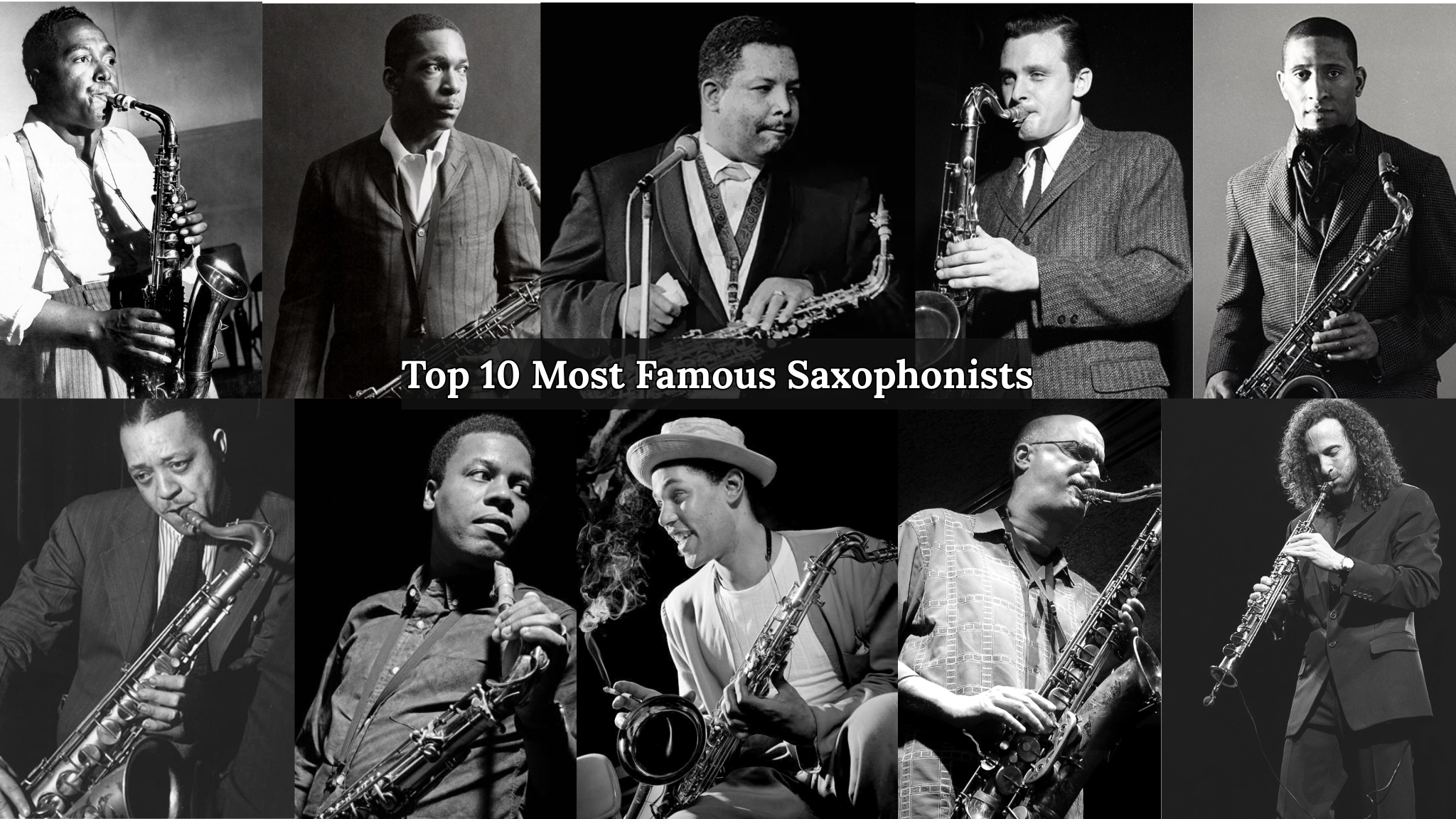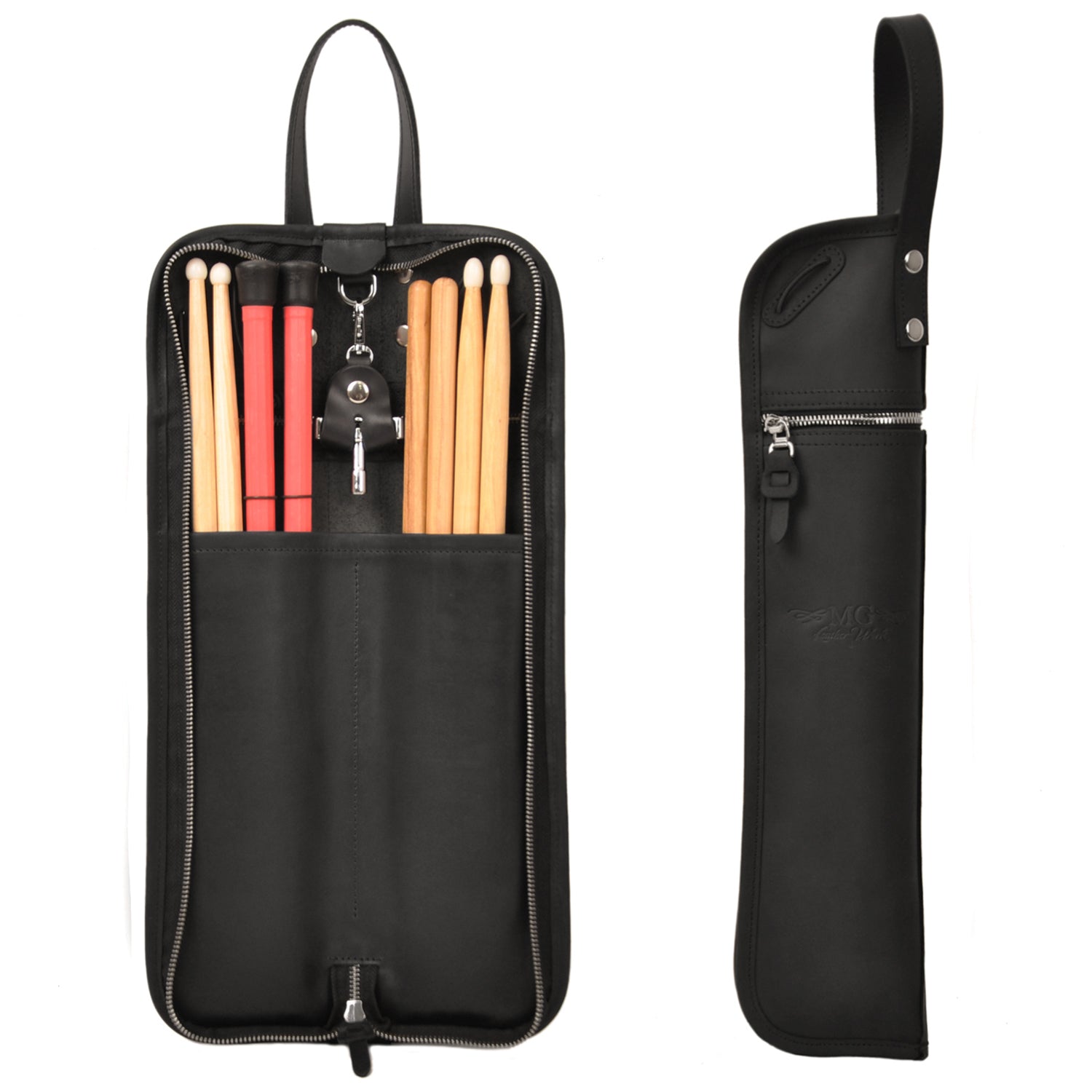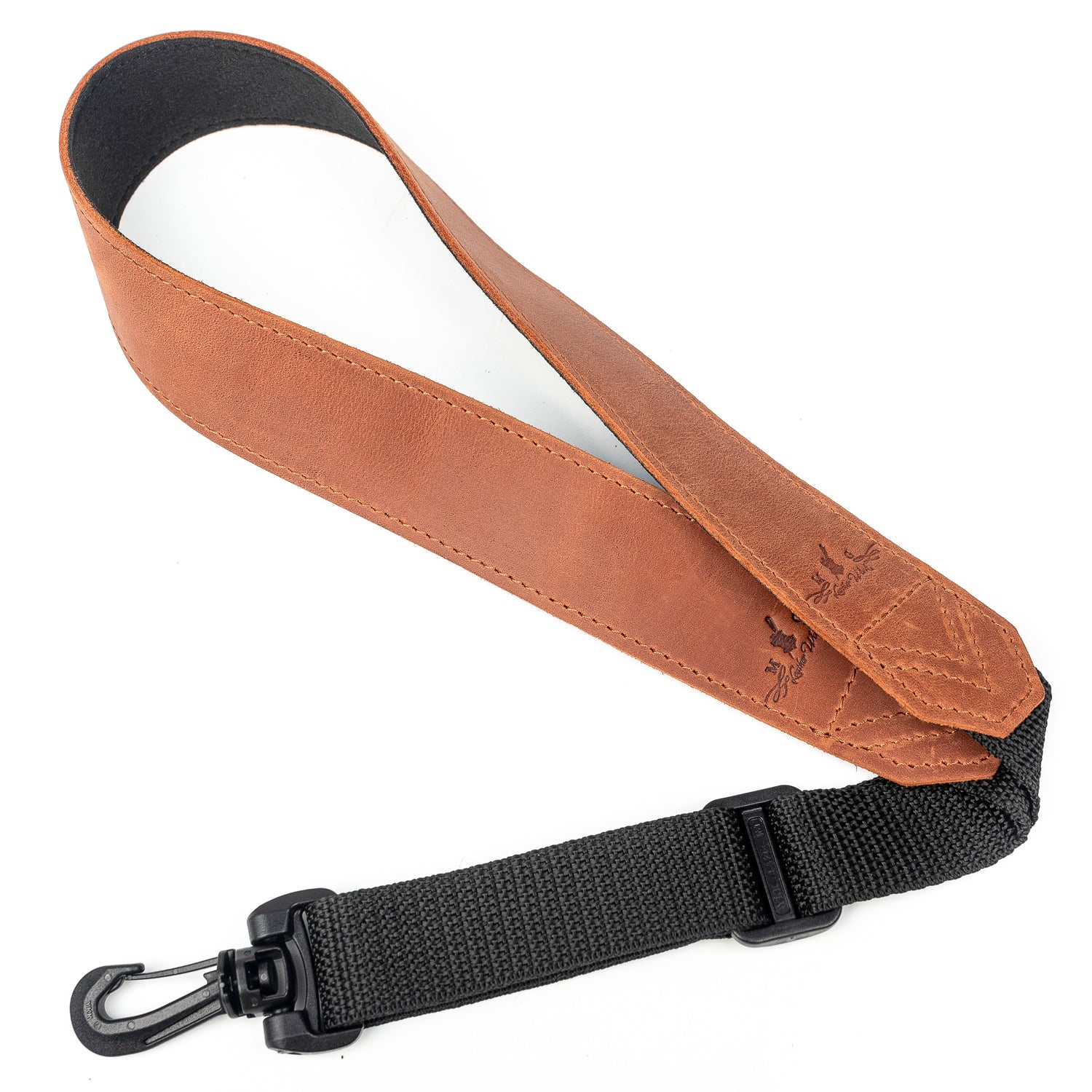Article: Top 10 Famous Saxophonists and Their Role in Music

Top 10 Famous Saxophonists and Their Role in Music
Over the decades, saxophones have continued to enchant the audience with their rich and expressive voices. They hold a significant place not only in jazz but also in other musical genres, including classical music and rock. In this article, we’re sharing the names and stories of ten most influential saxophonists who not only mastered this complex instrument perfectly but also laid a foundation for new genres.
1. Charlie Parker (1920–1955)
Charlie “Bird” Parker entered the history of jazz as the father of bebop and the musician who laid the basis for modern jazz. He started playing a saxophone at the age of 11 and after leaving Lincoln High School he was determined to devote all his time to music to make a career as a professional saxophonist. His playing style was full of complex, fast-paced passages, harmonic innovations, and improvisations, which deeply impressed the audience and his fellow musicians. Parker collaborated with the Count Basie Orchestra, McShann’s band, and Dizzy Gillespie, with the latter they formed the group whose music didn’t fit into any existing format and later was described as bebop.

2. John Coltrane (1926–1967)
Inspired by the time of the big bands and especially the music by Duke Ellington and Dexter Gordon, Coltrane played a clarinet and a saxophone from an early age and refined his skills at the Ornstein School of Music and the Granoff Studios. During this time he actively made friends with fellow musicians who played in bebop style. John frequently played for hire and collaborated with jazz greats, such as Johnny Hodges, Earl Bostic, Dizzy Gillespie, and Miles Davis with whose band he played for four years. What set Coltrane apart is that he expanded the boundaries of jazz with his spiritual approach. He was also known for a dark, full-bodied saxophone sound in both the highest and lowest registers. One of his famous works was the album A Love Supreme, which became a widely recognized masterpiece.

3. Sonny Rollins (b. 1930)
Known for his bold tone and melodic improvisations, tenor jazz saxophonist Sonny Rollins left a mark on music history as one of the greatest jazz musicians of all time. Despite some formal music education, Sonny was mainly a self-taught saxophonist who developed his knowledge and skills by himself through devoted practice. In his music, Rollins explored themes of religion, philosophy and spiritual aspects of life. All his compositions have a clear imprint of his inner world. During his career of seven decades, Rollins recorded more than sixty albums as a leader and was recognized as one of the greatest living improvisers. His album Saxophone Colossus became the most notable breakthrough and the best-known album among jazz enthusiasts, proving Sonny’s ability to blend creativity with structure.

4. Stan Getz (1927–1991)
Known as one of the best tenor saxophonists, Stan Getz set himself apart thanks to his smooth, mellow, lyrical saxophone sound, which earned him the name “the Sound”. This was influenced by his idol, Lester Young. Stan Getz played a significant role in the cool jazz movement, sharing the stage with many cool jazz and bebop bands and musicians, including Jimmy Dorsey and Benny Goodman. He was the first musician who brought bossa nova music into the saxophone world with his albums Jazz Samba and Big Band Bossa Nova, both recorded in 1962.

5. Cannonball Adderley (1928–1975)
An alto saxophonist, Adderley was a key figure in the hard bop era of the 1950s and 1960s, as well as in soul jazz. Although his first group, a quintet, was not successful, after leaving Davis’s band, he established another one, which later entered the history as the Cannonball Adderley Sextet and included many prominent musicians. Adderley stood out from the rest thanks to his joyful tone and blues-infused style, which discovered jazz to mainstream audiences. One of his notable collaborations was that with Miles Davis on Kind of Blue.

6. Lester Young (1909–1959)
Known by the nickname “Pres”, Lester Young became a part of jazz history as a tenor saxophonist with relaxed smooth tones, which created a notable contrast with the forceful style of his contemporaries. His playing style gained special attention during the time when he played with the Count Basie Orchestra. Lester Young’s melodic phrasing was often described by critics as “a free-floating style.” One of his key roles in music is that his unique melodic style influenced the development of cool jazz and inspired many famous jazz musicians. Some people also admit that it was Lester Young who popularized the term “cool” as something great.

7. Wayne Shorter (1933–2023)
As a member of many famous bands including Art Blakey’s Jazz Messengers, the Miles Davis Quintet, and Weather Report, Wayne Shorter significantly influenced hard bop, post-bop, and fusion styles. These collaborations also solidified his role as a master composer and visionary saxophonist. Critics often call Wayne an architect of modern jazz thanks to his masterful playing of the soprano saxophone. However, he was also known for breaking the rules if they didn’t serve his purpose or he simply bent them for the sake of more freedom in music. His compositions included elements of jazz, rock, funk, and many of them became jazz standards. As a bandleader, Shorter was very productive, releasing 20 albums. His recognition throughout the world was proved by 12 Grammy Awards.

8. Dexter Gordon (1923–1990)
Dexter entered the history of jazz as one of the first bebop saxophonists and the musician who included musical quotes into his solos from songs like "Happy Birthday" or even melodies from the operas of Wagner. He was also known for his humorous stage presence. Inspired by Lester Young’s style, Dexter switched to a tenor saxophone after starting with a clarinet and alto saxophone. During his career of more than 40 years, he consistently enchanted listeners with his warm saxophone tones and relaxed phrasing. He collaborated with Lee Young, Jesse Price, the Fletcher Henderson Orchestra, Louis Armstrong’s orchestra, and the Billy Eckstine band. Dexter was featured on tracks like Dizzy’s Blue 'n' Boogie and Groovin' High. In addition to that, in the late 40s, Dexter played on the well-known 52nd Street in New York City together with other jazz legends such as Max Roach, Charlie Parker, Miles Davis, Fats Navarro, and others.

9. Michael Brecker (1949–2007)
Brecker is known as a virtuoso, versatile musician, and the recipient of 15 Grammy Awards both as a performer and composer. Michael picked up a clarinet and an alto saxophone, before switching to a tenor saxophone during high school. He brought to life many recordings and performed with bands playing in various genres including jazz, rock, and pop, expanding the technical possibilities of the tenor saxophone. As a guest soloist and a band member, Brecker appeared on nearly 900 albums. In 2007, Michael was also inducted into the DownBeat Jazz Hall of Fame.

10. Kenny G (b. 1956)
Kenny G is one of the most commercially successful saxophonists of all time. He began his career at the age of 17 from playing in the 40-piece string-laden orchestra The Love Unlimited Orchestra. His great commercial success came to him with this fourth solo album, Duotones, released in 1986, serving as a starting point for further success. He starred in commercials and music videos. He also gained widespread popularity in China with his song "Going Home", which could be heard in local public places. Despite criticism regarding problems with rhythm, limited melodic and harmonic vocabulary, his smooth playing style attracted a global audience and impressed a generation of listeners. Kenny G plays the Selmer Mark VI soprano, alto and tenor saxophones. He is also known for creating his own line of instruments "Kenny G Saxophones”

Conclusion
This was our list of the top ten saxophonists who brought something unique and meaningful, such as establishing new genres, breaking rules, and popularizing jazz to a broader audience. Their unique stories prove the fact that a saxophone is an extremely versatile instrument that is able to hold a significant place across genres, evolving and remaining central even in modern music styles.
Are you not only a fan of saxophone music but also play this instrument yourself? Then it would be interesting for you to explore our saxophone accessories, featuring genuine leather exteriors, multiple colors and styles, and practical features for enhanced comfort.
If you want to save money, look at our special offers.







Leave a comment
This site is protected by hCaptcha and the hCaptcha Privacy Policy and Terms of Service apply.